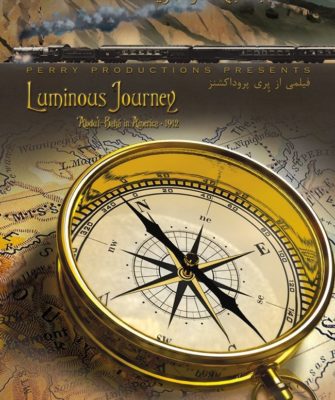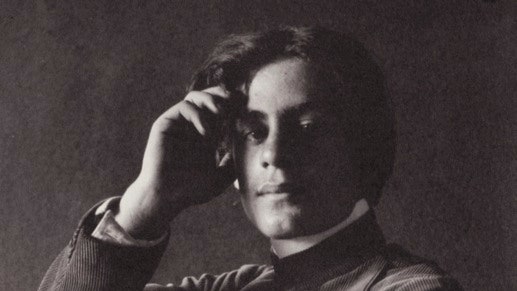



Source: World Order, Series 2 Volume 12 – Issue 4 | The Life of Gibran
AS TOLD TO Marzieh Gail by Miss Juliet H. Thompson:
It was on April 6, 1943, in her studio room, upstairs at the front of the house, that Juliet shared with me and a few other guests, these memories of Kahlil Gibran.
He lived across the Street from here,” said Juliet Thompson, “at ’51 West 10th. He was neither poor nor rich—in between. Worked on an Arab newspaper; free to paint and write. His health was all right in the early years. He was terribly sad in the later years, because of cancer. He died at forty-nine. He knew his life was ending too soon.
“His drawings were more beautiful than his paintings. These were very misty, lost things—mysterious and lost. Very poetic.
“A Syrian brought him to see me—can’t even remember his name. Kahlil always said I was his first friend in New York. We became very, very great friends, and all of his books—The Madman, The Forerunner, The Son of Man, The Prophet—I heard in manuscript. He always gave me his books. I liked The Prophet best. I don’t believe that there was any connection between ‘Abdu’l-Baha and The Prophet. But he told me that when he wrote The Son of Man he thought of ‘Abdu’l-Baha all through. He said that he was going to write another book with ‘Abdu’l-Baha as the center and all the contemporaries of ‘Abdu’l-Baha speaking. He died before he wrote it. He told me definitely that The Son of Man was influenced by ‘Abdu’l-Baha.
[Kahil] got hold of some of the Arabic of Baha’u’llah. He said it was the most stupendous literature that ever was written, and that He even coined words. That there was no Arabic that even touched the Arabic of Baha’u’llah.
He told me that … “What do we need a Manifestation of God for? Each one of us can come into direct contact with God. I am in direct contact with God.”
“Time passed. I told him the Master was coming. He asked me if I would request the Master to sit for him. The Master gave him one hour at 6:30 one morning.
He’d never met the Master before, and that began his friendship. He simply adored the Master. He was with Him whenever he could be. He would come over here to this house (48 WeSt 10th) to see the Master.
The Master went away and Kahlil settled down into writing his books. But he often talked of Him, most sympathetically and most lovingly. But the only thing was, He couldn’t accept an intermediary for himself. He wanted his direct contact.


![]()
![]()
Whether you are exploring the Bahá'í Faith or looking to become an active member, there are various ways you can connect with our community.
Please ensure that all the Required Fields* are completed before submitting.